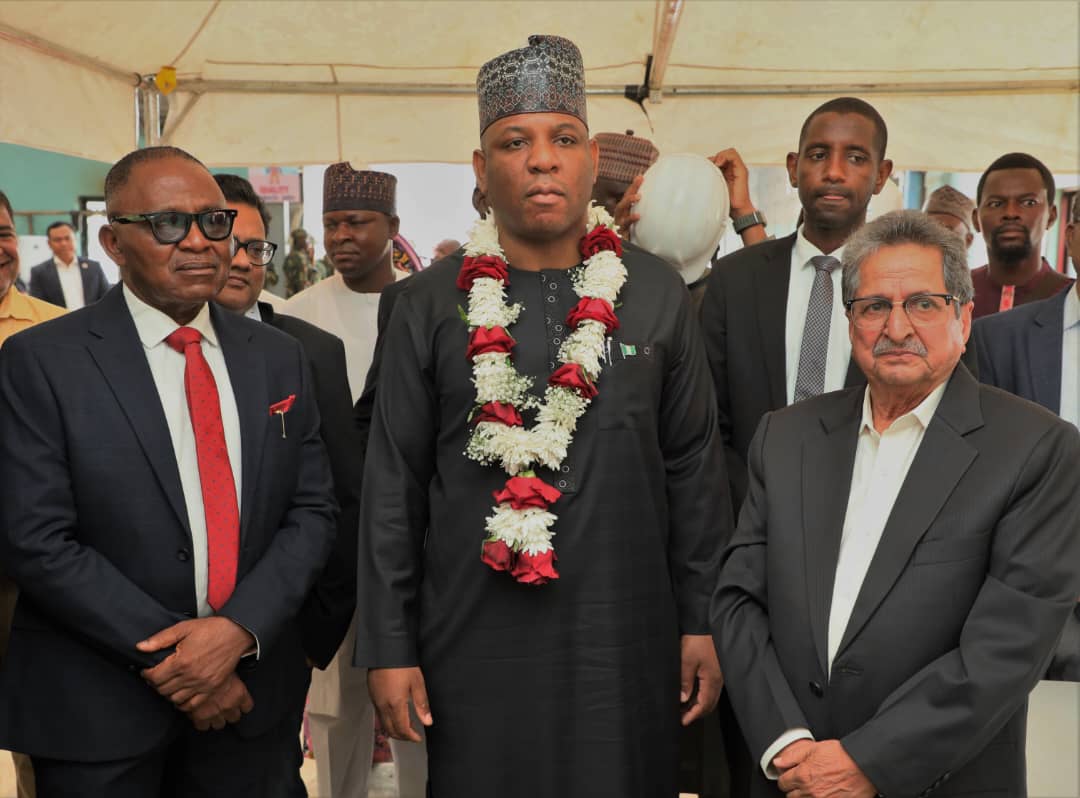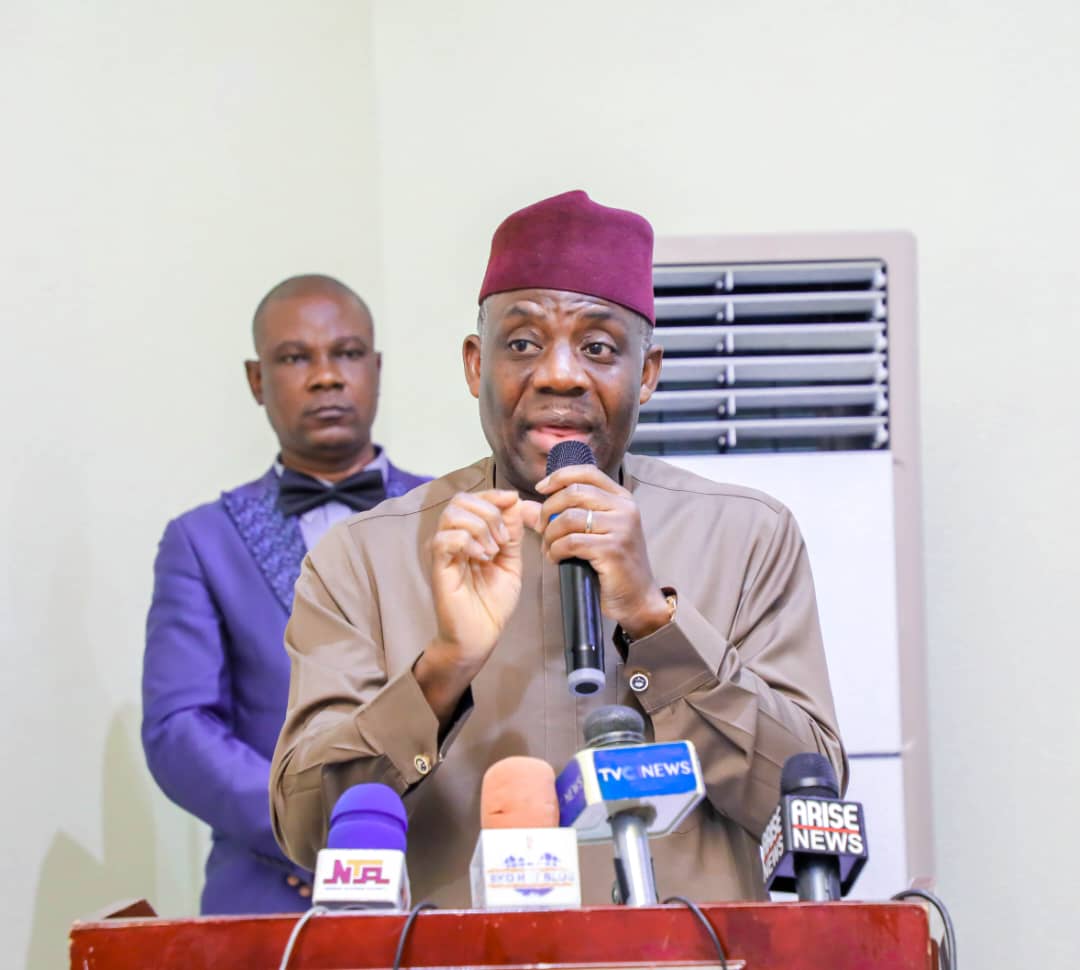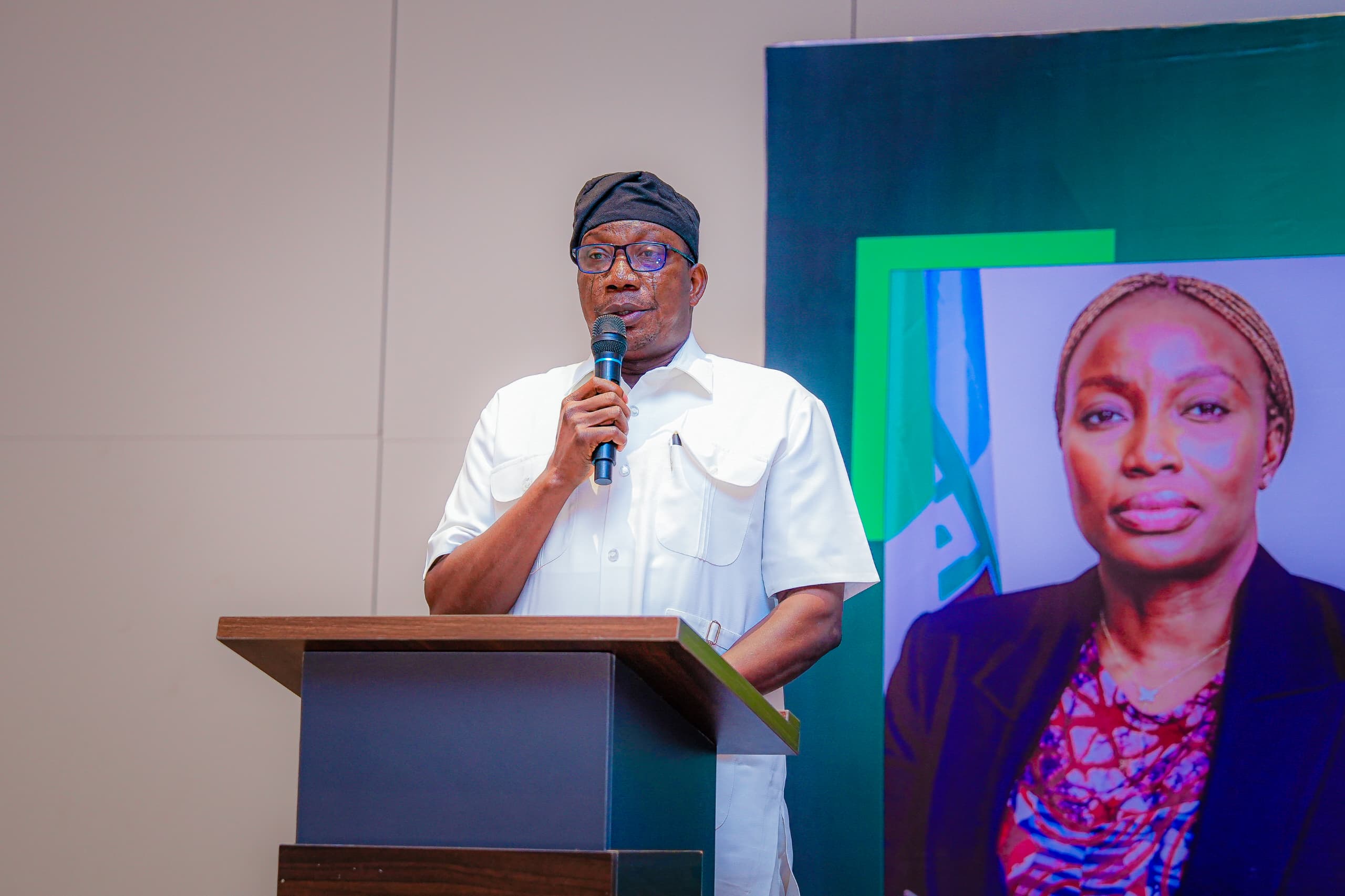6th ARCID: FG Moves Swiftly to Tackle Food Security Through Irrigation Reform
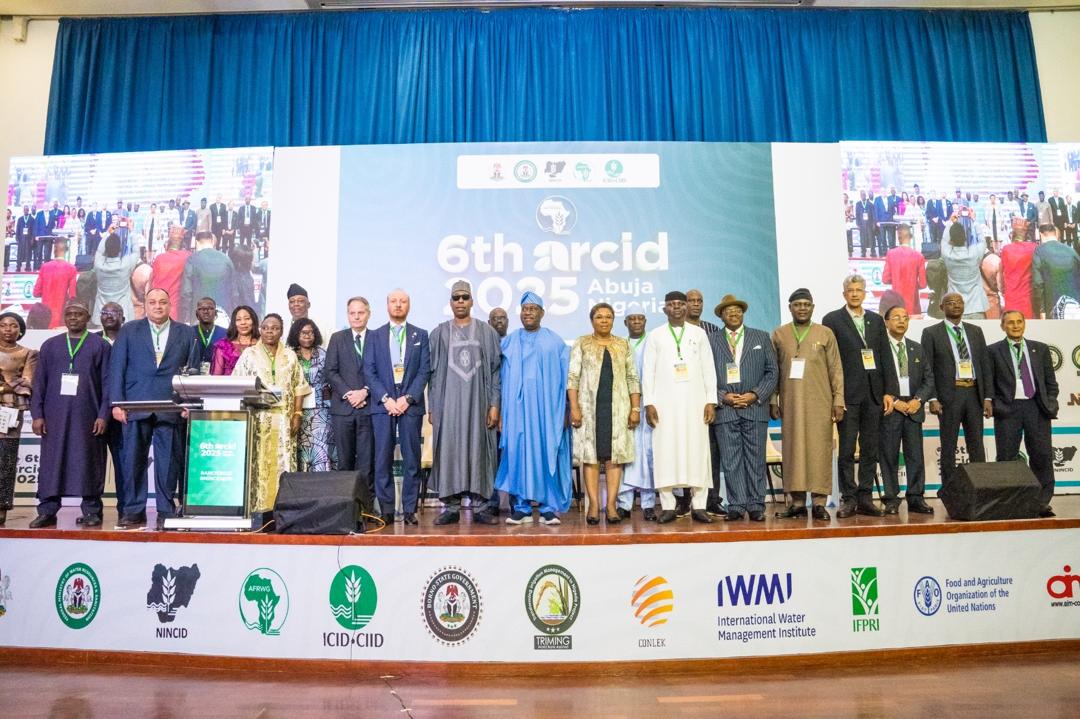
By Fatima Saka
The Federal Government of Nigeria has reaffirmed its commitment to addressing food security through improved water management, as it hosted the 6th African Regional Conference on Irrigation and Drainage (ARCID) on Monday in Abuja.
President Bola Ahmed Tinubu, GCFR, represented by the Secretary to the Government of the Federation, Senator George Akume, CON, officially declared the conference open. He emphasized the urgent need for a strategic shift in water resource management, calling it a critical lever in tackling Africa’s food security crisis.
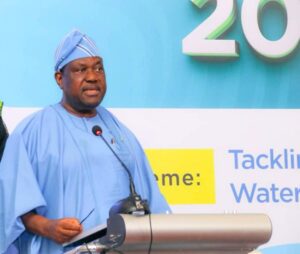
He described the forum as a timely call to action, urging African nations to prioritize sustainable irrigation systems to boost food production, increase agricultural productivity, and fortify economic resilience.
He noted Nigeria’s vast irrigation potential of boasting over 3.1 million hectares of arable land and multiple river basins, and reiterated his administration’s commitment to sectoral transformation under the Renewed Hope Agenda.
He recalled the declaration of a National Emergency on Food Security, which has led to increased investments in irrigation infrastructure, participatory water management, and youth engagement via geospatial technologies and artificial intelligence.
Also speaking, the Honourable Minister of Water Resources and Sanitation, Engr. Prof. Joseph Terlumun Utsev, FNSE, FNICE, FNIWE, expressed alignment with the global vision of the International Commission on Irrigation and Drainage (ICID).
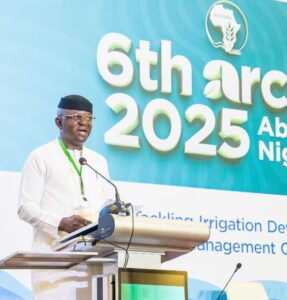
Prof. Utsev highlighted the achievements of the Transforming Irrigation Management in Nigeria (TRIMING) project, which over the past seven years has significantly enhanced irrigation systems, promoted sustainable farming practices, and empowered rural communities. Notable milestones include the completion of the Dadin-Kowa, Bakolori, and Middle Rima Valley projects, the formation of Water Users Associations (WUAs), and the creation of market linkages for key crops.
He also announced the upcoming Sustainable Power and Irrigation for Nigeria (SPIN) project, in partnership with the World Bank. Building on TRIMING’s success, SPIN aims to expand irrigation coverage and deepen the economic and social impact of water resources.
Additional achievements include the development of over 153,000 hectares of irrigable land by the River Basin Development Authorities (RBDAs), which are currently undergoing partial commercialization to attract private sector investment.
In her remarks, the Head of the Civil Service of the Federation, Mrs. Didi Esther Walson-Jack, OON, mni, reflected on her tenure as Permanent Secretary in the Ministry. She recounted a 2022 study tour to Morocco as a catalyst for Nigeria’s hosting of this conference and emphasized the role of water in Africa’s food security and economic transformation.
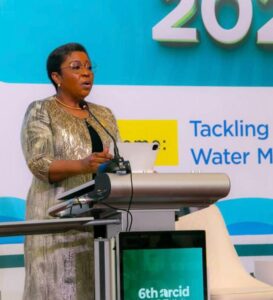
Borno State Governor Babagana Zulum added urgency to the discussions, citing shorter farming seasons due to climate change.
“Our once-fertile land is turning to dust. Irrigation is no longer a luxury—it is a necessity,” he said. “Innovation must not remain the privilege of a few. We must empower our women and youth who are the backbone of agriculture.”
He called on development partners to better respond to Africa’s unique challenges, particularly regarding rural access to water.
President of ICID, Dr. Marco Arcieri, described the conference as a pivotal moment for the continent.
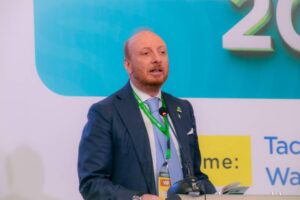
In his welcome address, the Permanent Secretary of the Federal Ministry of Water Resources and Sanitation, Mr. Richard P. Pheelangwah, reaffirmed the ministry’s dedication to integrated water resource management.
READ ALSO: Again: Tragedy in Plateau as Deadly Attack Claims 49 Lives
Boko Haram Controls Three LGAs in Borno – Ndume Raises Alarm
He encouraged active participation in the technical sessions, field visits, and networking events designed to foster collaboration and innovation.
Engr. Ibrahim Kuta Musa, representing the African Regional Working Group, acknowledged the continent’s unique irrigation challenges and expressed optimism that the conference would yield practical solutions and forward-looking strategies.
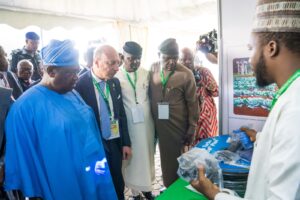
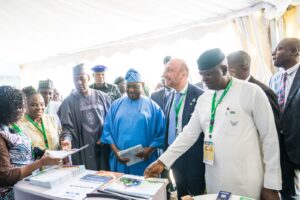
The conference has attracted regional and international stakeholders, including policymakers, water experts, and development partners. It continues in Abuja through April 17, featuring high-level policy dialogues, technical sessions, and site visits to strategic irrigation locations across Nigeria.

